The Pacific Northwest, known for its rugged landscapes and thriving industries, has long been a center for aviation enthusiasts and professionals. From Starlink to Seattle's aerospace industry, Amazon to the private aviation networks serving remote areas such as the San Juan Islands, the region's skies are very active. But a curious gap exists in the aviation market: the noticeable scarcity of FAA Part 91K fractional ownership companies. Puzzling, especially considering the region's affluent population, tech-driven economy, and love for adventure, which all seem to align perfectly with the concept of fractional aircraft ownership.
FAA Part 91K governs the operation of fractional ownership programs, allowing individuals and businesses to share the costs of owning and operating an aircraft. This model offers the benefits of private aviation—such as flexibility, convenience, and efficiency—without the financial burden of full ownership. In regions like the Midwest or Florida, these programs thrive, catering to frequent flyers who seek the convenience and efficiency of private travel. Yet in the Pacific Northwest, where many professionals balance demanding schedules and travel frequently, the market remains underdeveloped.
Citizen Air has recognized the need for convenient, comfortable, and safe travel amongst the difficult terrain and now offers the first and only 91k operation in the Pacific Northwest. The Port Angeles based company offers low overhead, local accessibility, and global operations for those who understand the value of their time.
With security inconveniences and flight availability at an all time high, Citizen Air emerges with an offer of value at a time when its needed most.
Offering both fractional and charter programs, these options often provide enough flexibility for business, personal, or occasional travelers, leaving little demand for the more complex and longer-term commitments required of full aircraft ownership.
Filling the gap of Part 91K companies in the Pacific Northwest presents a missed opportunity. With a growing economy and increasing demand for efficient travel options, there's a clear market waiting to be tapped. Innovative operators willing to address the region's unique challenges—perhaps by incorporating eco-friendly aircraft or leveraging advanced technology for logistics—could find themselves at the forefront of a new era in Northwestern aviation. Until then, travelers seeking the benefits of fractional ownership may have to look elsewhere or rely on alternative solutions that fail to match the full potential of the 91K model.


